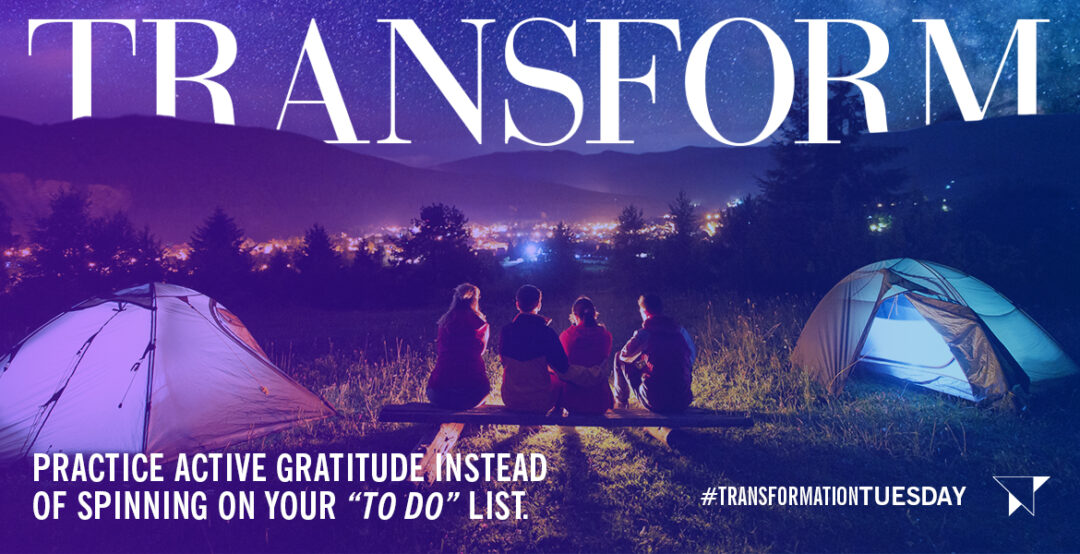Here’s an astounding fact, according to the U.S. Department of Labor’s annual American Time Use Survey (ATUS) some 100M Americans are still looking for a consistent, good night’s sleep. [1]
Do you find yourself waking up in the middle of the night lately? In clinical circles it is referred to as “maintenance insomnia.” Most of us who’ve had a cycles of it call it @%&* frustrating. Regardless of who calls it what the experience of having difficulty staying asleep, which is distressingly common, impacts both quality of life and cognitive abilities.
Here are three techniques that could help you think and solve differently the next time you find yourself awake at 3 am:
Just grab a good book.
Instead of tossing and turning, have a plan: Get lost in a compelling story. (No, work emails do not count!) Skip the digital devices and hold a good, old fashioned paper book in your hands. It will work wonders to relax your mind which also helps disrupt the churn cycle of replaying your day.
Make a list of all the good things.
Journaling is a path to going inside and growing self-awareness. Make a list of all the good things in your life. It puts a positive twist on the “counting sheep” adage. Irving Berlin wrote a song in White Christmas that can help remind us: “… if you’re worried and you can’t sleep, Count your blessings instead of sheep, and you’ll fall asleep counting your blessings.” Practice active gratitude instead of spinning on your “to do” list. It helps to refocus.
Prepare for sleep, proactively.
Here’s a big idea, what if you flip the experience? Relax in a warm Epsom salt bath before going to bed. Did you know studies show increased magnesium levels associated with bathing in Epsom salts can aid sleep?[3] Magnesium is a crucial element, however our bodies don’t create it. It is one of the hundreds of enzymes in the body and plays a crucial role: magnesium helps to deactivate adrenalin. Be proactive! Treat yourself to an Epsom salt bath before bedtime?
Often finding a remedy for sleep-maintenance insomnia is about crafting a collection of practices [3]. We’re curious: What are your tried and true techniques for getting back to sleep instead of counting sheep? Share them with us. Post them on our Facebook page so others in our Transform Community can expand their sleep routines and repertoires.
Sources: [1] American Time Use Survey Summary News Release and Table 8A [2] McKinsey Insights blog [3] Harvard Health’s sleep hygiene tips




